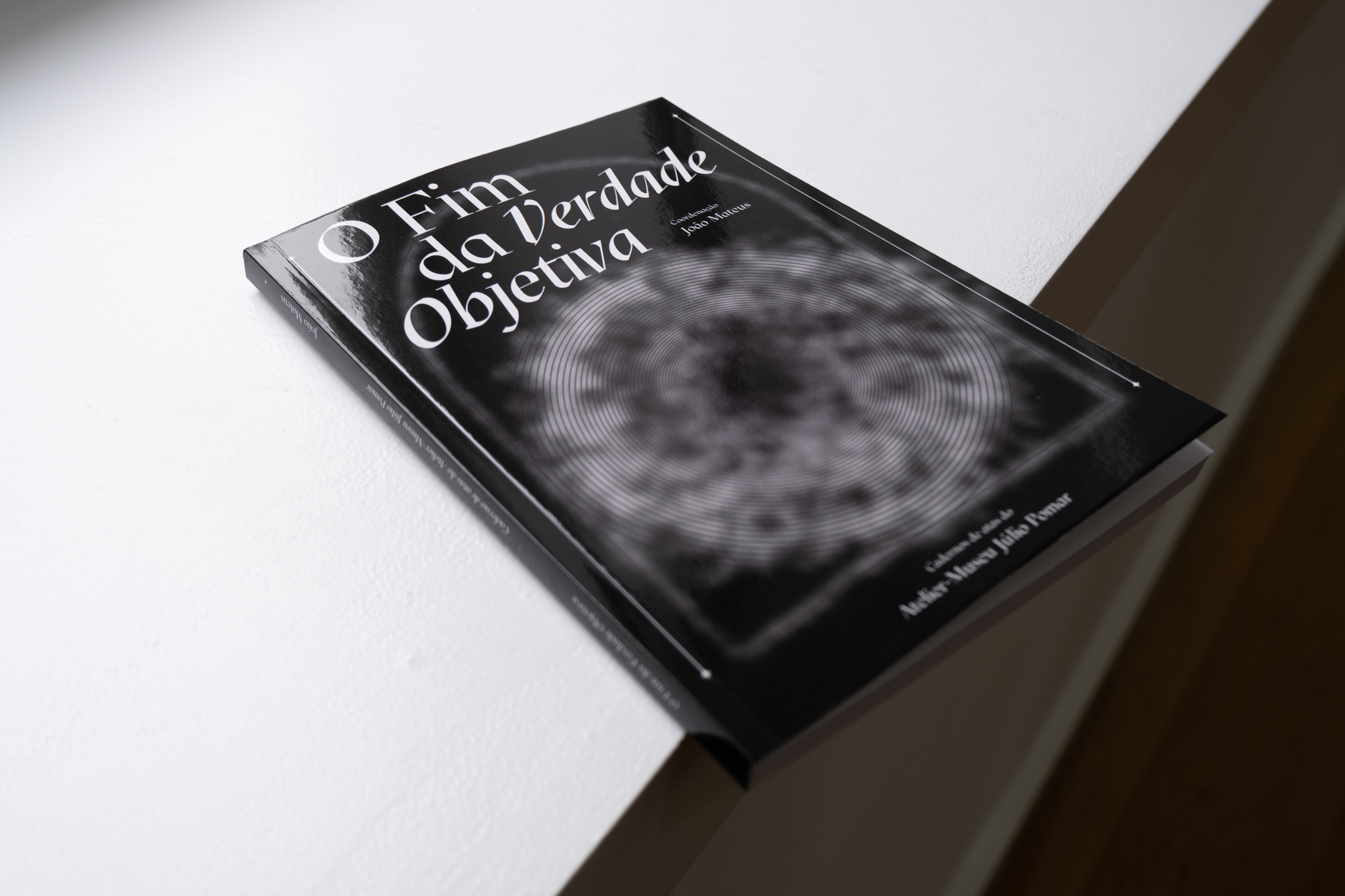
Shifter participated in a conversation about “the dissolution of reality” and “the end of objective truth”, at the invitation of the Atelier-Museu Júlio Pomar.
Taking time to think and think with time is a luxury these days, but one that Shifter X seeks to encourage together with the right partners. In July 2021, Shifter's director and editor, João Gabriel Ribeiro, participated in a session integrated into the series of conversations and debates The End of Objective Truth, conceived and moderated by researcher João Ricardo Mateus. In this session, “the dissolution of the real” was discussed.
The End of Objective Truth is based on a programme of reflection and discussion designed to question models and paradigms of action after the non-existence of a single, objective truth. Based on this premise regarding the end of a matrix by which society could be governed, it is important to identify what precedes and what will replace this paradigm based on an idea of univocal truth.

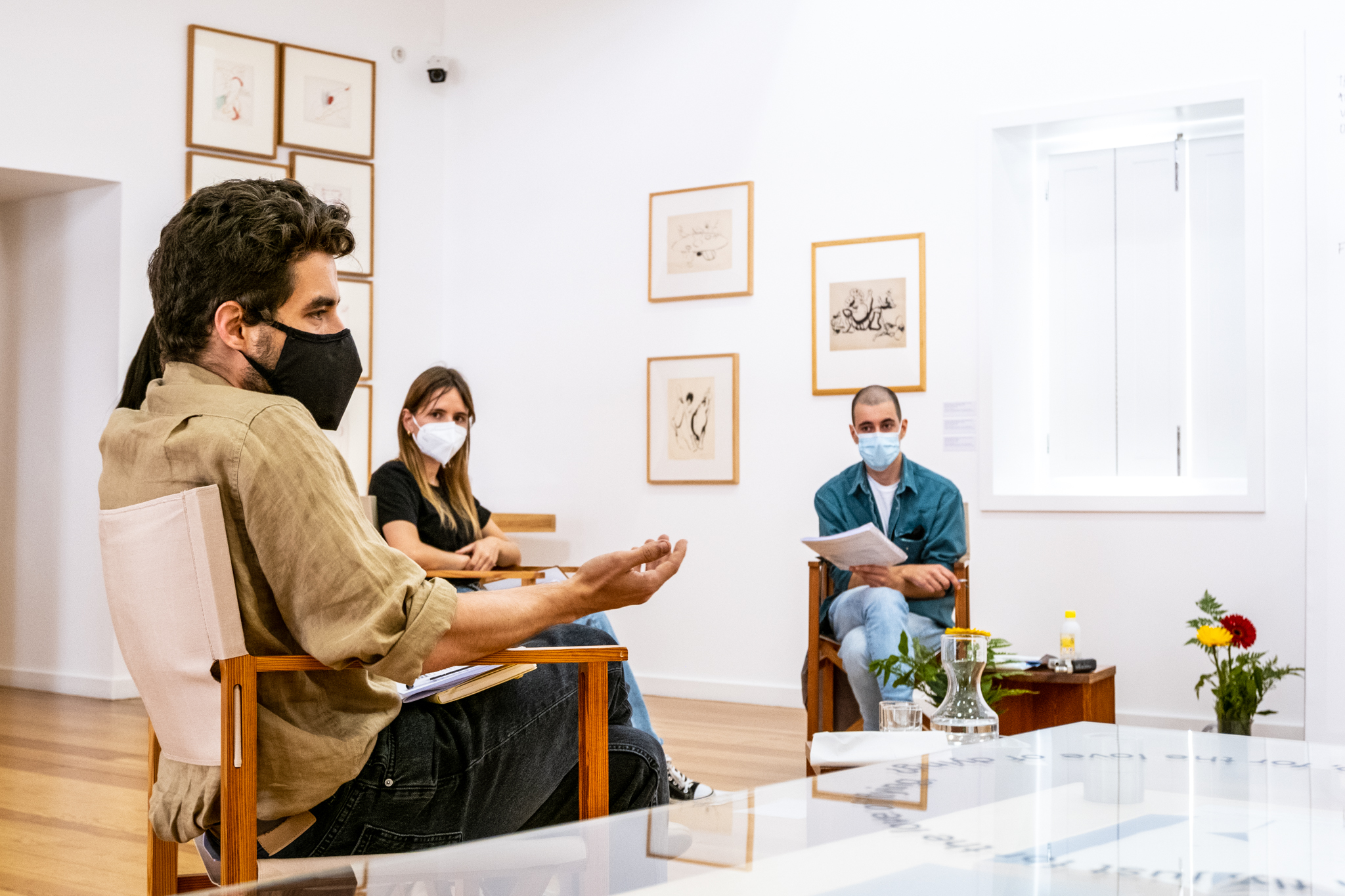
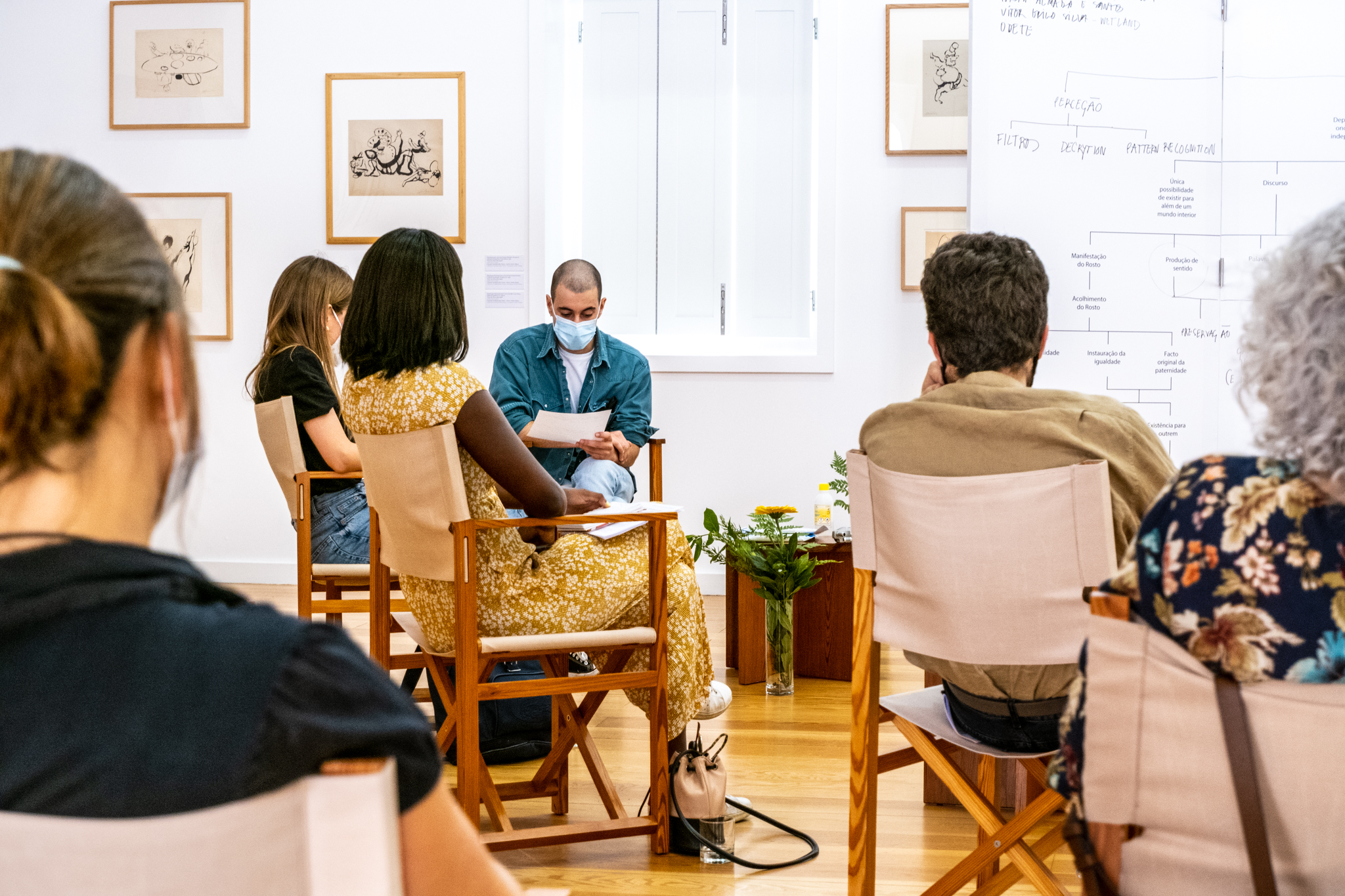
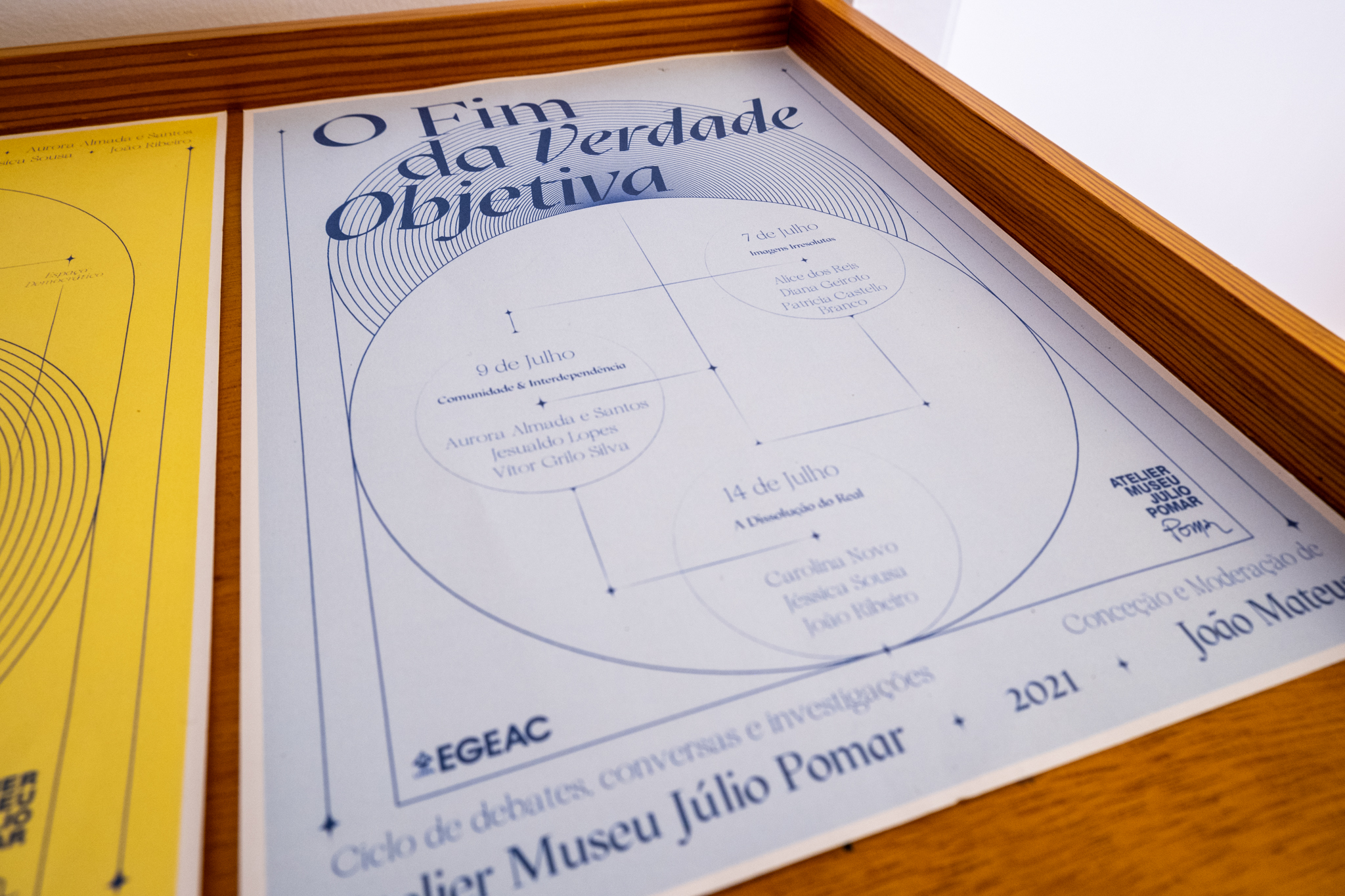
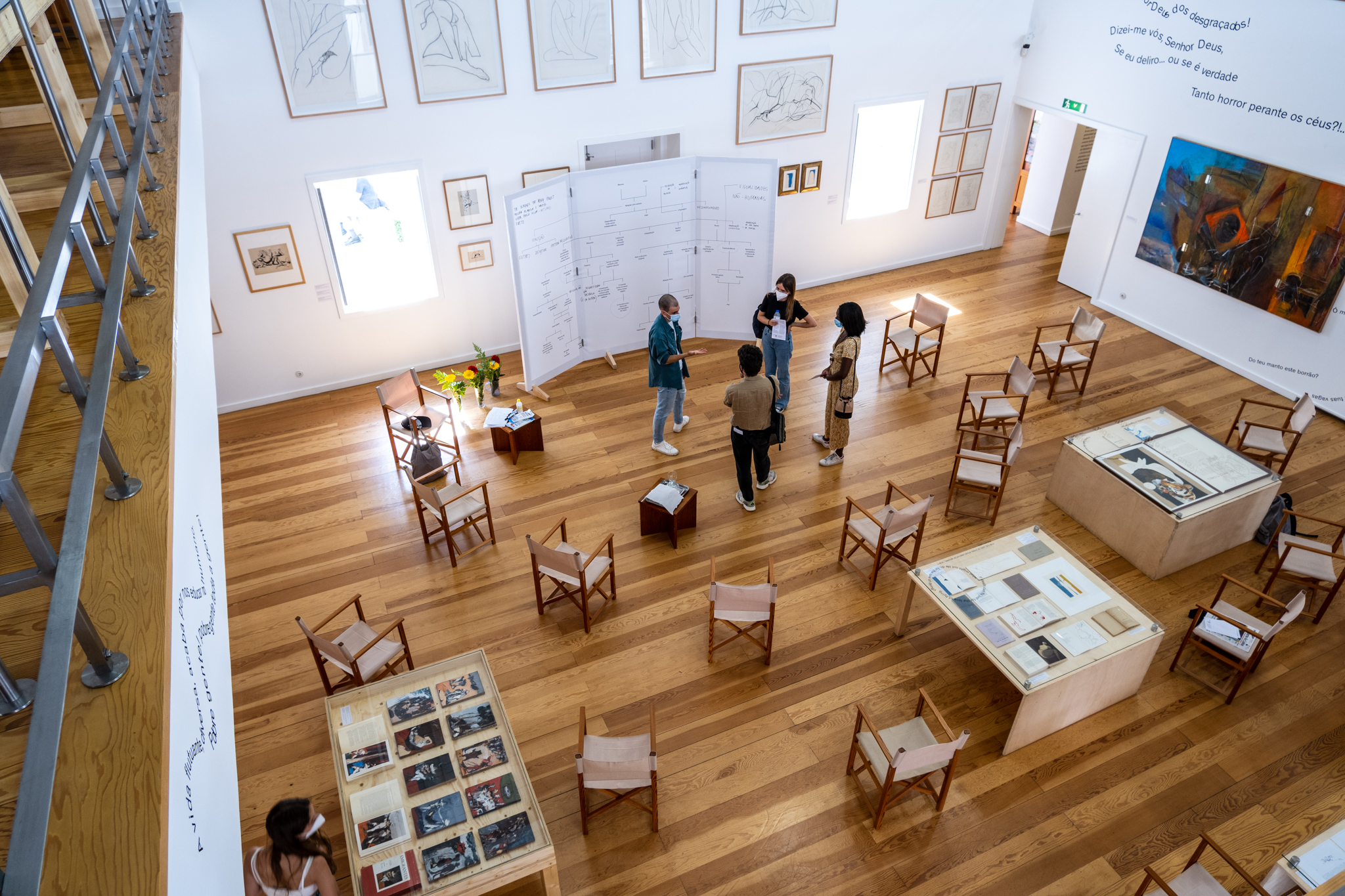
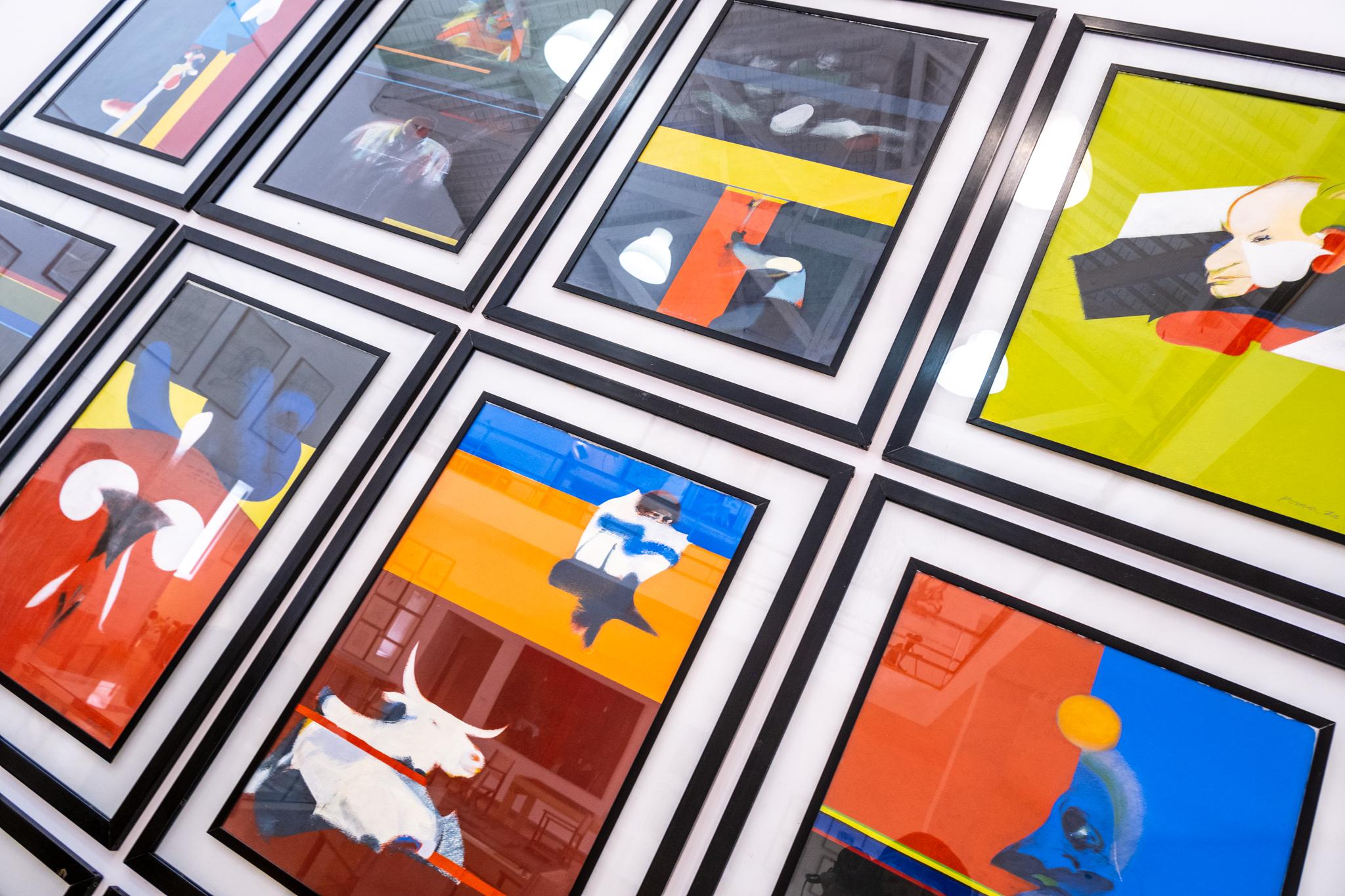
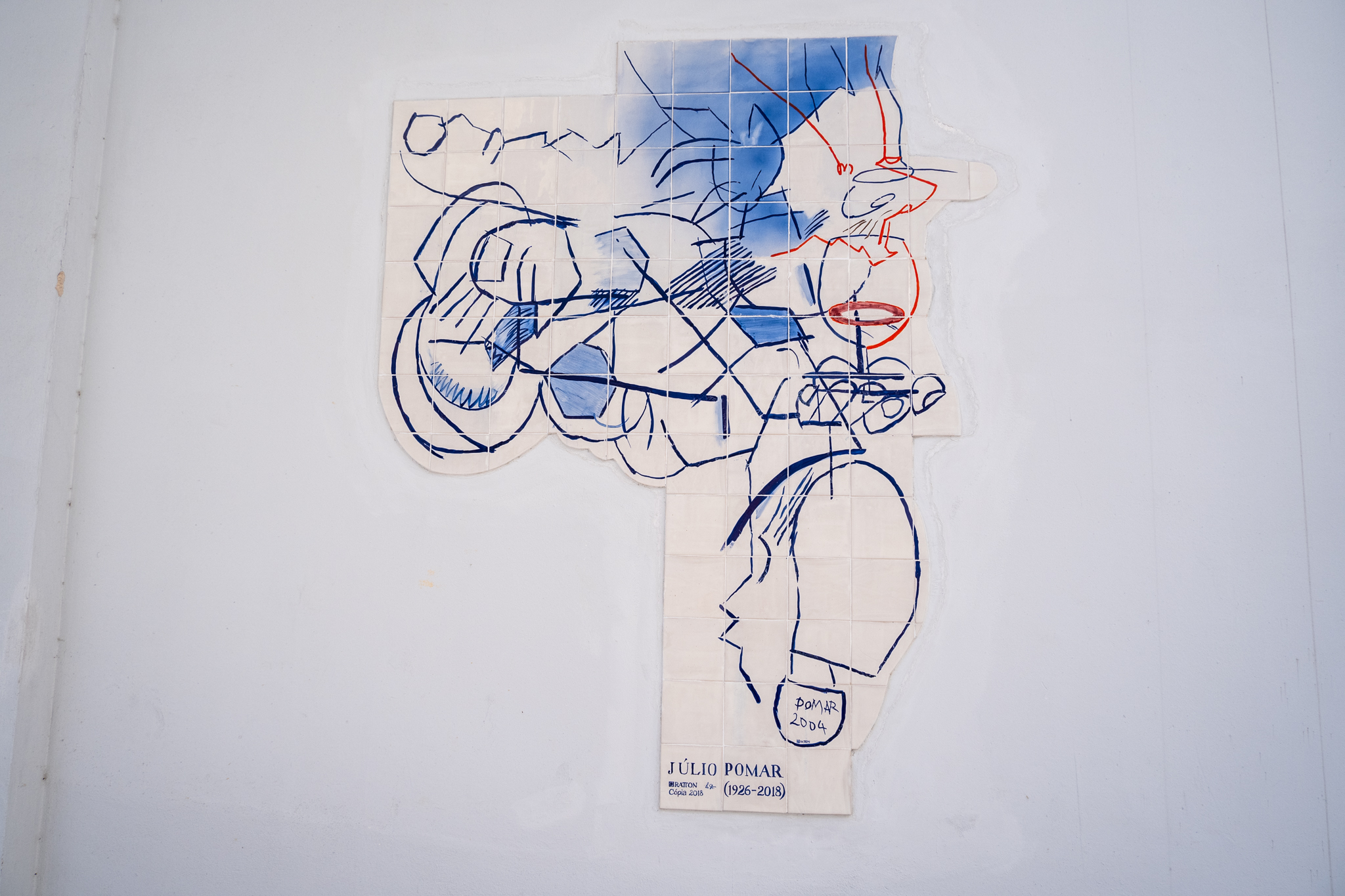
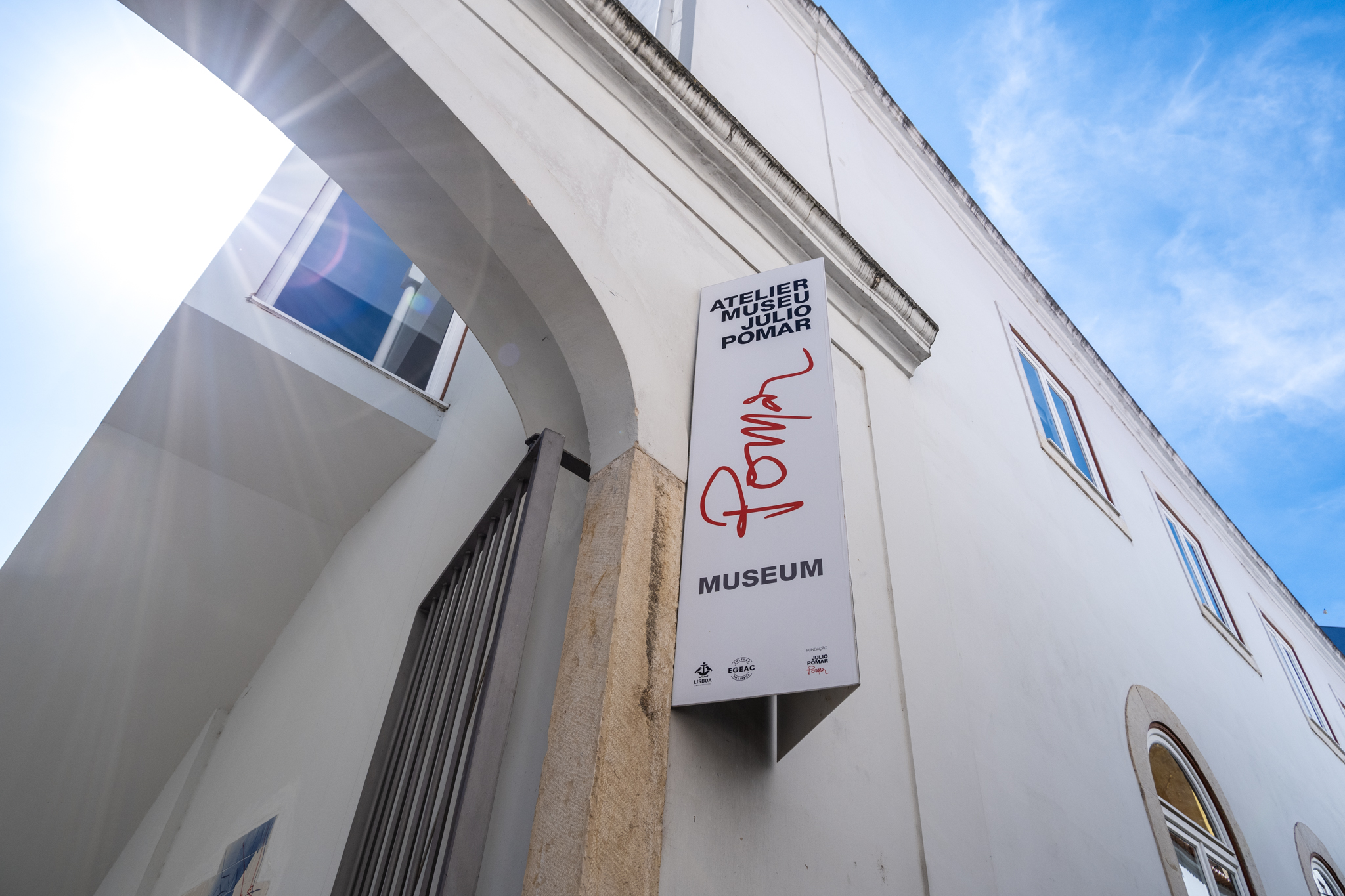
The conversation about “the dissolution of reality” also included Carolina Novo, researcher, graduate in Languages and International Relations and master in History and International Relations from the Faculty of Arts of the University of Porto; and Jéssica Sousa, journalist, graduate in Languages and Editorial Studies from the University of Aveiro. In this session, as in the others of the cycle, we sought to contribute “for the construction of critical thinking and for an attempt to contextualize the paradoxes involving issues of communication, information and their respective dissemination channels, namely in the public domain and for the public space”.
A reduction of language is a reduction and restriction of what can be articulated, and as such, a limitation of possibilities. The end of a supposed objective truth has an impact on almost all aspects of our reality, in particular, on the mechanisms that regulate reality. The dissolution of words and their semantic multiplication force new questions to be asked and answered, such as: What constitutes democratic participation in 2021? How are we supposed to select the information that really matters? What visions of the future do today's images, discourses and groups allow? The third and final session will thus be dedicated to the dissolution of democratic values, the dissolution of words and the dissolution of a certain image that was had of reality, in the meantime replaced and updated.
The cycle was preserved in space and time with the publication of a book, edited by Atelier-Museu Júlio Pomar/EGEAC, which condenses texts and essays by the various people who participated in these meetings.
